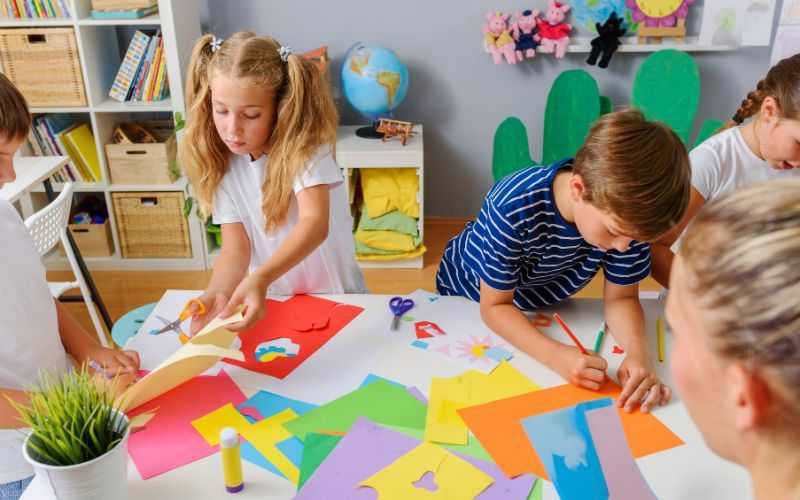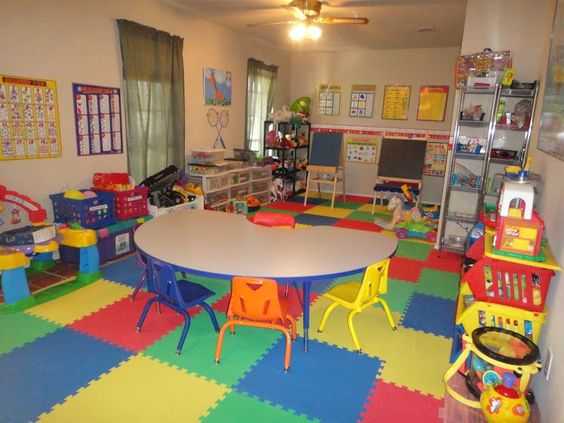Classifications
-
 Nurseries
Nurseries
-
 Schools
Schools
-
Children's essentials, clothing, and toys
-
 skills development
skills development
-
 Educational center
Educational center
-
 Health Care
Health Care
- Radiology centers
- Psychological and family counseling centers
- Pediatric surgeries
- Pediatric surgeries
- Pediatric Dentists
- Dental Clinics
- Child Behavior Doctors
- eyes doctor
- eyes doctor
- Beauty clinics
- Physical therapy
- Endocrine glands and sugar
- Speech and behavior modification
- Psychiatrists
- General Surgery
- Tumor surgeries
- Pain and spine treatment
- Ophthalmologists
- Obstetricians & Gynaecologists
- Bariatric Surgery
- Cosmetic & Plastic Surgery Centers
- Pediatric Ear, Nose And Throat
- Radiology
- Urologist
- Kids Doctors, Pediatricians
- Hospitals
- Pharmacies
- Cardiovascular diseases
- Therapeutic Nutrition Doctor
- Neurologist
- Gastroenterologist & Hepatologist
- Orthopedist
- Dermatologist
- Chest and Respiratory
- Internist
- Labs
-
 Toys
Toys
-
 Kids Activities
Kids Activities
-
 Trading, Stores, commercial services
Trading, Stores, commercial services
- Restaurants
- Information Technology
- Electrical Tools
- jewelry stores
- printing press
- Accounting
- trading and supplies company
- Fashion
- "A company specialized in building swimming pools"
- Firefighting Systems Companies
- *Montessori Toy Stores*
- Wooden supplies
- diverse
- sanitary ware
- Car showroom
- Information & Technology
- Houseware
- Air conditioning & Water filter
- Uniform Companies
- Car Showrooms
- Meat and poultry companies
- Kitchen and hotel equipment companies
- Modern paint company
- Kids Aria
- real estates
- A company for iron, machinery, tools and modern metals
- Candy stores and sweets supplies
- Anti-bugs
- Companies mattresses
- Uniforms and furniture
- Car Services
- Underwear and home wear
- Printing and advertising
- Decorations and interior designs
- security systems
- Modern lighting companies
- Clubs and sports centers
- Car accessories
- Clothing, toys and accessories
- Ceramic & Porcelain
- healthy tools
- armored doors
- Motorcycle Shows
- veterinary center
- Beauty Center
- Beauty Center
- Law Firm
- Glass and Securit Showrooms
- Coffee shop
- central air conditioning company
- central air conditioning company
- Insect Control
- Anti Bugs
- commercial
- Furniture
- Elevators companies
-
 Nursery Management System
Nursery Management System
-
 Schools&Nurseries; Suppliers &Services;
Schools&Nurseries; Suppliers &Services;
-
 Kid Special Needs
Kid Special Needs
-
 self development
self development
-
 Kids & Mums Wear
Kids & Mums Wear
-
 Beauty Centers & Spa
Beauty Centers & Spa
-
 Electrical Appliances
Electrical Appliances
-
 Restaurants
Restaurants
-
 Pets
Pets
-
 Stationery
Stationery
-
 optical center
optical center
Welcome Egypt Kids Directory
Sign in
Sign in

The Importance of Play for Children's Learning
Play is essential for children's learning and development. When children play, they are exploring the world around them, learning new things, and developing important skills.
There are many benefits to play, including:
- Cognitive development: Play helps children to develop their cognitive skills, such as problem-solving, creativity, and imagination. For example, when children play pretend, they are using their imaginations to create new worlds and scenarios.
- Social and emotional development: Play also helps children to develop their social and emotional skills, such as cooperation, communication, and empathy. For example, when children play together, they learn how to share, take turns, and resolve conflicts.
- Physical development: Play also helps children to develop their physical skills, such as gross motor skills (e.g., running, jumping, and climbing) and fine motor skills (e.g., using their hands and fingers). For example, when children play outside, they are using their gross motor skills to run and play with balls and other toys.
Play is also important for children's overall well-being. It helps them to relax, have fun, and de-stress. It can also help them to cope with difficult emotions and experiences.
There are many different types of play, and children of all ages need to have a variety of play experiences. Some examples of play include:
- Unstructured play: This is the type of play that children do on their own, without any rules or instructions. It is important for children to have unstructured play time every day, so that they can explore their own interests and creativity.
- Structured play: This is the type of play that has rules and instructions. It can be educational, such as playing board games or doing puzzles, or it can be physical, such as playing sports.
- Pretend play: This is the type of play where children use their imaginations to create new worlds and scenarios. For example, children might pretend to be doctors, teachers, or superheroes.
- Active play: This is the type of play that involves physical activity, such as running, jumping, and climbing. Active play is important for children's physical development and overall health.
Parents can support their children's play by providing them with a safe and stimulating environment in which to play. They can also play with their children and model appropriate play behaviors.
Here are some tips for promoting play in your child's life:
- Provide your child with a variety of play materials. This could include toys, games, art supplies, and outdoor play equipment.
- Set aside time for play each day. This could be during free play time, after school, or on weekends.
- Play with your child. This is a great way to bond with your child and to model appropriate play behaviors.
- Minimize screen time. Encourage your child to engage in active and unplugged play instead of watching TV or playing video games.
- Create a safe and stimulating play environment. This could include both indoor and outdoor play spaces.
By following these tips, you can help your child to enjoy the benefits of play and to develop important skills and knowledge.
 عربي
عربي








